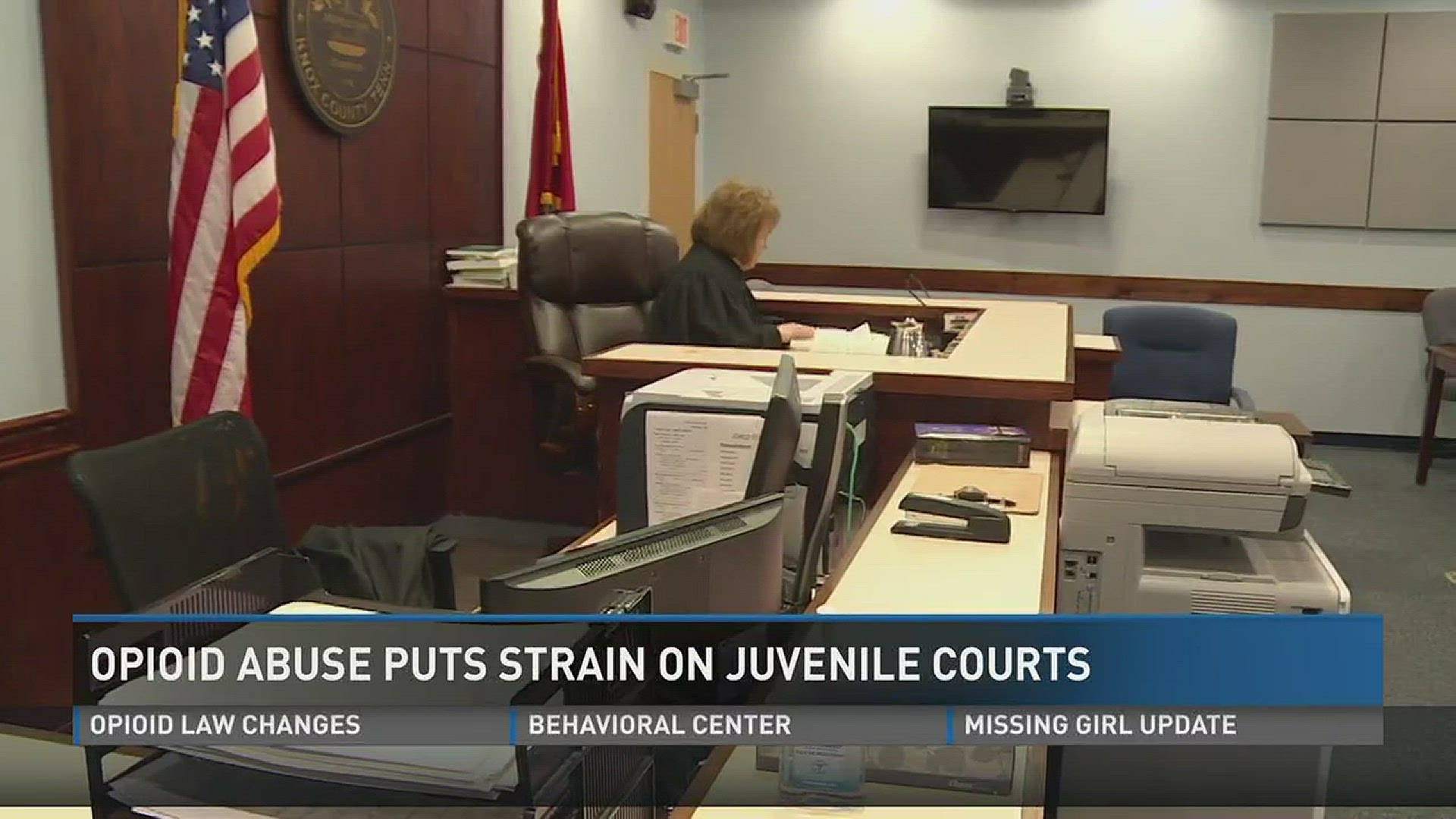On Thursdays, when most lawmakers are on their way from Nashville back to home districts and lobbyists have gone back to offices elsewhere, a handful of lawmakers have called witness after witness to testify about one of the state’s most undeniable problems.
They are gripping tales of addiction, abuse and recovery — mixed with empirical evidence and data from some of the state’s most informed officials, each shedding new light on a problem that’s broader than some legislators initially realized.
The state has a real problem with opioid addiction, but the data shows little progress in reducing the damaging effects of over-prescription and abuse. It also shows areas where the state has failed to address the problem, which some liken to a wagon wheel with new spokes of problems emerging each week.
Opioid prescriptions and related deaths have been on the rise since 2012, hitting an all-time high in 2015 when 1,451 people died from opioid-related causes — like overdoses — which was more than those who died in vehicle crashes.
Figures for 2016 have not yet been released, but deaths have been on the rise for the past several years, despite efforts by lawmakers to intervene.
Nearly 5 percent of Tennesseans are addicted to opiates, and the state is second in the country in prescriptions per capita. Urban, highly populated counties such as Davidson, Shelby and Knox were at the top of the list in total overdose deaths.
“I think we all realize what a big problem this is,” said House Speaker Pro Tem Curtis Johnson, R-Clarksville.
Johnson chairs the ad hoc opioid task force established by House Speaker Beth Harwell, R-Nashville, this year to hear from experts and draft legislation to curb the death toll.
Read more:
The legislature has made some advances in reducing the amount of prescriptions of opioids to Tennesseans, which once outnumbered people living in the state by 4-to-1. But that effort hasn’t shifted a trend in deaths.
“We can’t provide enough treatment if we don’t address prevention at the start,” said Dr. David Reagan, chief medical officer at the state’s Department of Health.
He praised the legislative efforts to curb prescriptions, but that’s introduced another problem that lawmakers will inevitably face when drafting legislation aimed at reducing untimely deaths.
“More people are using illegal sources and not going back and doctor shopping,” Reagan said.
This year the legislature has several bills that again take aim at opioid-related issues, such as accountability for prescribers by publishing the top 20 prescribers in the state, and offering block grants for rehab services.
But the piecemeal effort is about as best the legislature can muster, said Johnson, who used the wagon wheel analogy.
“I had a preconceived idea when we started this that pill mills were the problem,” he said. “That’s just one spoke. There’s a lot of moving parts to this problem.”
Johnson said it might take “a few years to put a dent” into the opioid epidemic.
Some stats that concern Johnson: Half of the pills addicts use come from family members, and the number of infants born with a condition called NAS, or neonatal abstinence syndrome, and it costs TennCare on average nearly $49,000 per child in the first year of its life.
Over time, Johnson said, he hopes the legislature is able to replicate what it achieved with methamphetamine abuse, which has leveled off, according to officials.
“We’ve got a lot of work to do,” he said.
Read more:
Jake Lowary covers Tennessee politics and state government for the USA Today Network. Reach him at 615-881-7039 and on Twitter @JakeLowary.

